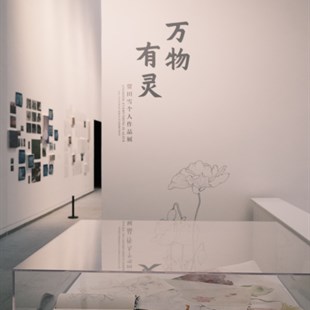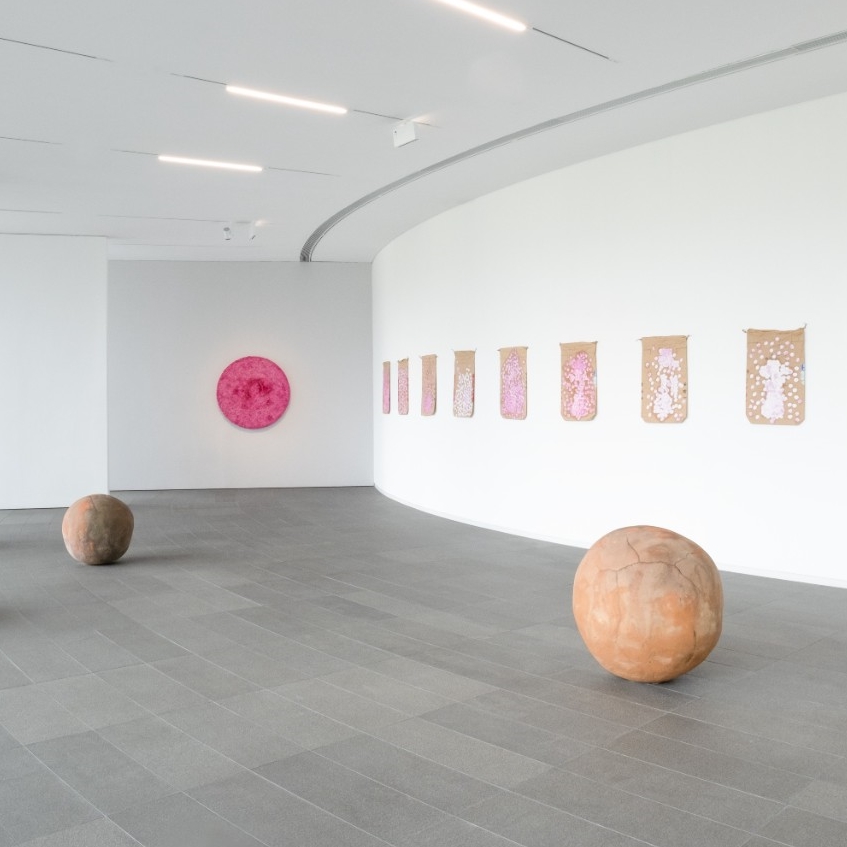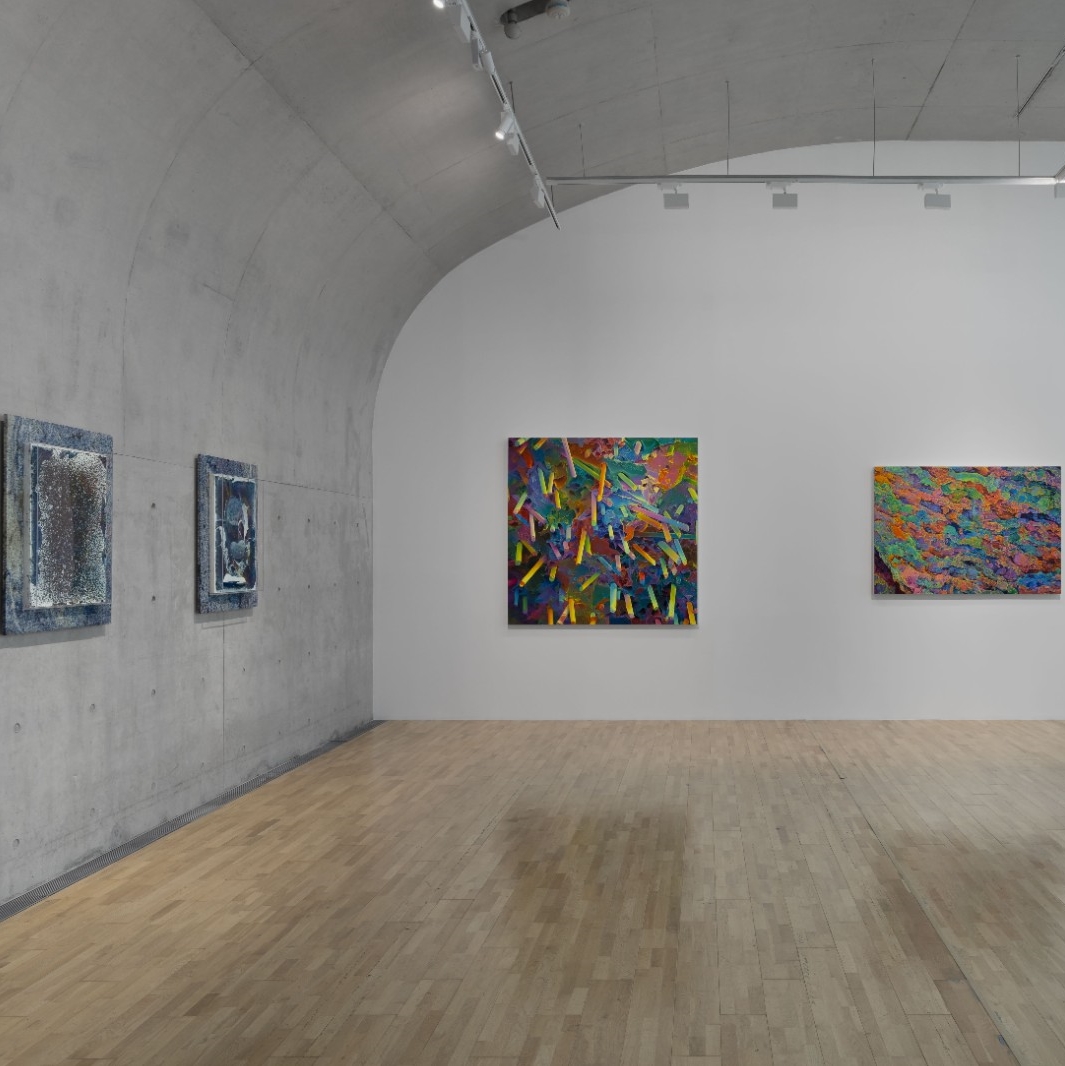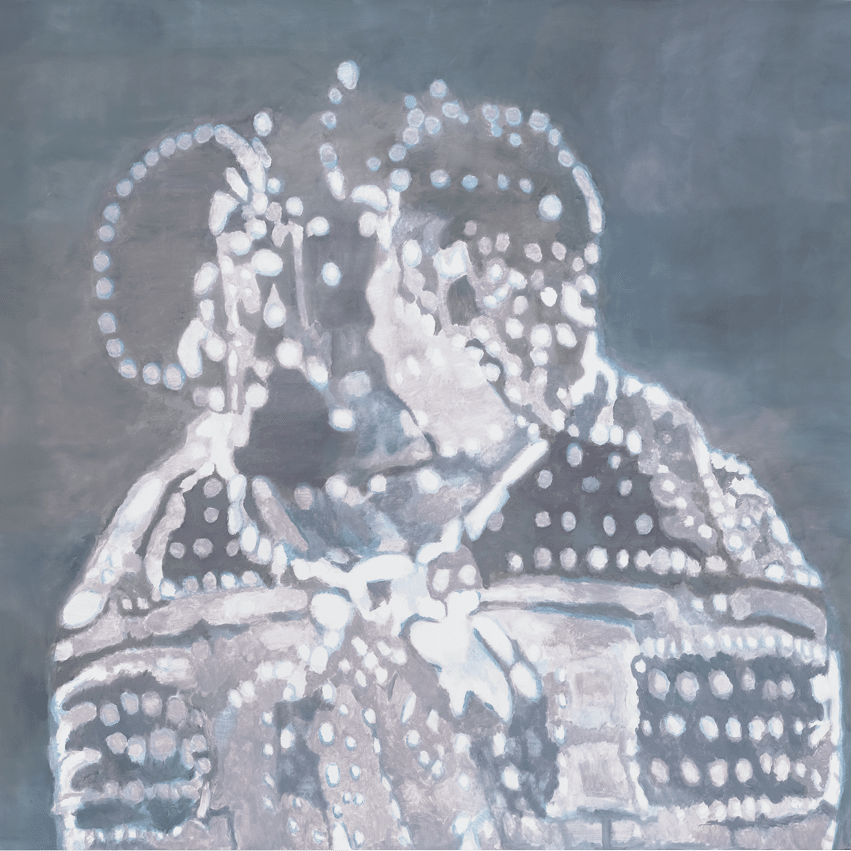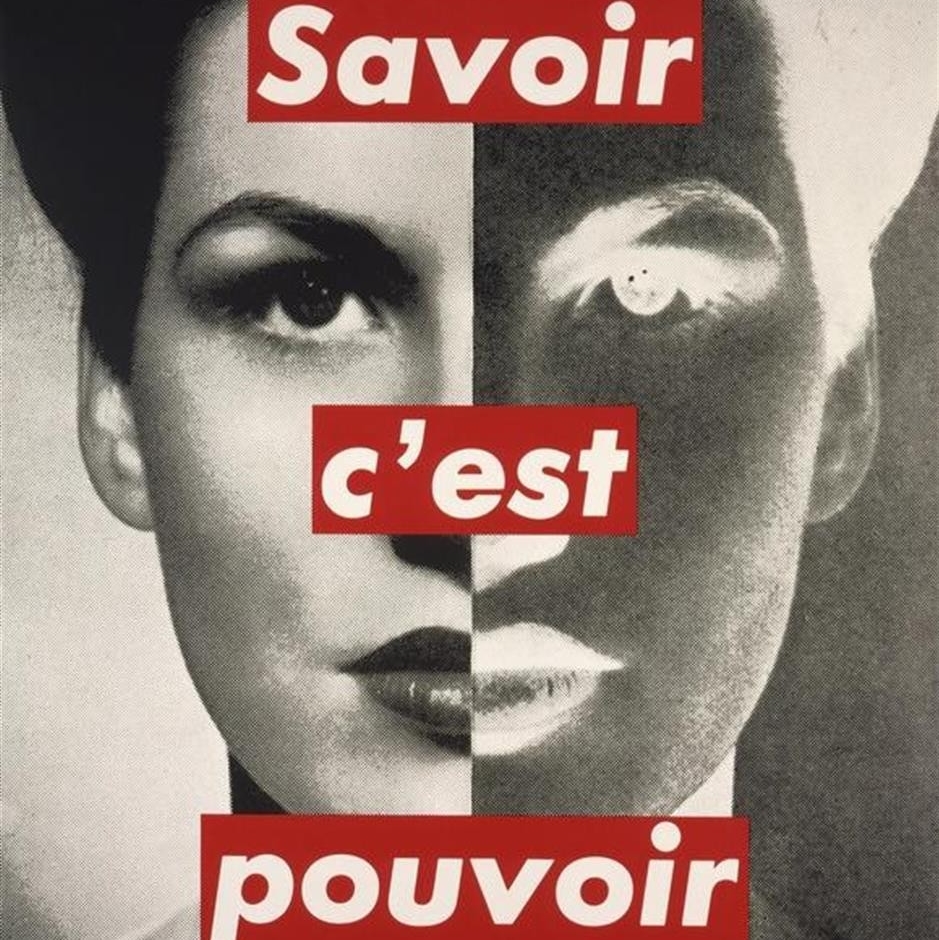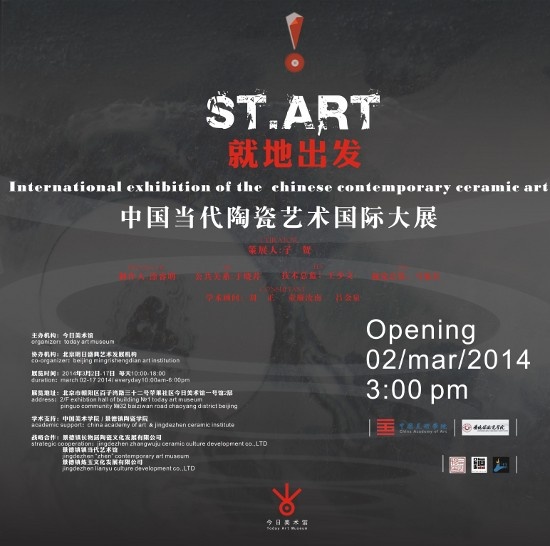
Strictly from a utilitarian perspective, ceramics, being one of the key components of the Chinese culture that has maintained the only true influence around the world, has developed into inexpensive, utilitarian goods at its homeland today. And from the perspective of the arts and culture, ceramics are regarded as merely folk art. Aside from the achievements passed down to us from antiquity, not much-if any-inventive exploration can be found in today's ceramic culture.
Realistically, the birth of modern ceramics is a culture that is "genetically-modified" and negates traditional Chinese ceramic culture through Western aesthetics and modernism. The issue of utilitarianism in traditional ceramics has been transformed into seeing ceramics as a material for other usages. The period from the 1920s up until now is an insurgent attempt at considering ceramics strictly on the level as a material; modern ceramics diverge from the utilitarian aspects of traditional ceramics in that the ceramic medium is considered an expression adjunct to art as it claims for a self-generating ontology of ceramic culture that stands opposite to what it once was.
The exhibition "st.art From the Start", curated by independent scholar/curator Zi He, is an undertaking to rethink ceramics on an anthropological level; while it inherits an academic tradition that is uniquely Chinese, this exhibition stands on a contemporary ground recalling the ontological aspect of "wen" as its foundational methodology, building a proposition that is completely different from the system of Western aesthetics while emphasizing the contemporariness of culture. Based on the independent cultural context of the ceramic culture formed over the past millennium, this exhibition intends to reflect upon modern ceramics as the historic end of the textual development of the ceramic culture, and that modern ceramics is a refreshed term for traditional ceramics in the cultural sector. The line of evidence is this: the history of traditional ceramics as utilitarian objects goes back as far to pre-history as an associated part of a system of religion that reached its apex in the Song dynasty; what followed was the development of a ceramic culture as exemplified by the decorate aesthetics found on the blue and white porcelain of the Yuan dynasty and later transformed into a kind of complete folklorism in the Qing dynasty. Up until now, and through the rebellious notion inherent in modern ceramics, the transformation from its religious original to a kind of metaphysics in art has not yet been fully realized.
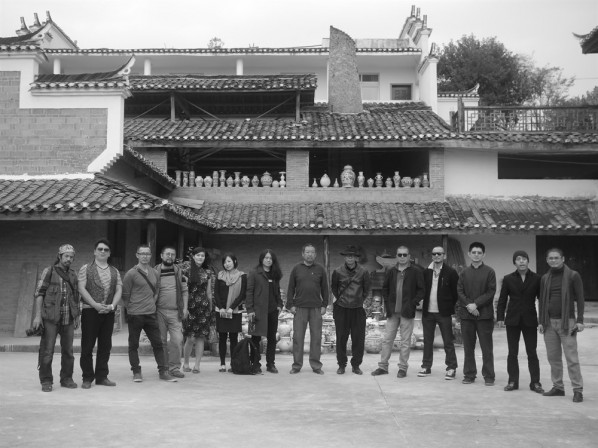
This rebellious path against utilitarianism that modern ceramics has taken up is still in continuation now as it further separates from the context of ceramics. Modern ceramics only treat ceramics as a medium. It digresses from the visual characteristics of the material. Ceramics, in the historical development of modern ceramics, has slowly become a handily replaceable medium. In truth, modern ceramics has progressed to the impasse state of being anti-ceramics.
In the exhibition "st.art From the Start", Zi He proposes an academic investigation of "contemporary ceramic art as the final end of modern ceramics"; if modern ceramics is to be considered as the final stage of the ceramic culture in its historic context as utilitarian objects, then contemporary ceramic art will also follow suit to terminate its exploration in the possibility of ceramics as a material as espoused by traditional ceramics and modern ceramics. Zi He emphasizes the contemporariness of contemporary ceramic art, that is, to expand from the history of materials science and the documented history of ceramic art-which also includes modern ceramics-to the field's history of ceramic culture. The core manifestation of contemporary ceramic art spans from material (the relationship between person and clay) to post-material (shards and the extension of field). The issue of contemporariness of contemporary ceramic art-such a concept premiers globally for the first time in the exhibition "st.art From the Start"; this may perhaps be a very important cultural and exploratory exhibition.
About the exhibition
Duration: Mar 2 - 17, 2014
Venue: Today Art Museum - 2nd floor exhibition hall of Building No.1
Opening: Mar 2, 2014 Sun 3:00pm
Curator: Zi He
Producer: Tu Ruiming
Opening Hours: 10:00-18:00, Closed on Tuesday
Tel: 010-58760600
Add: Pingod community, No.32 Baiziwan Road, Chaoyang District, Beijing
Courtesy of the artists and Today Art Museum, for further information please visit www.todayartmuseum.com.


